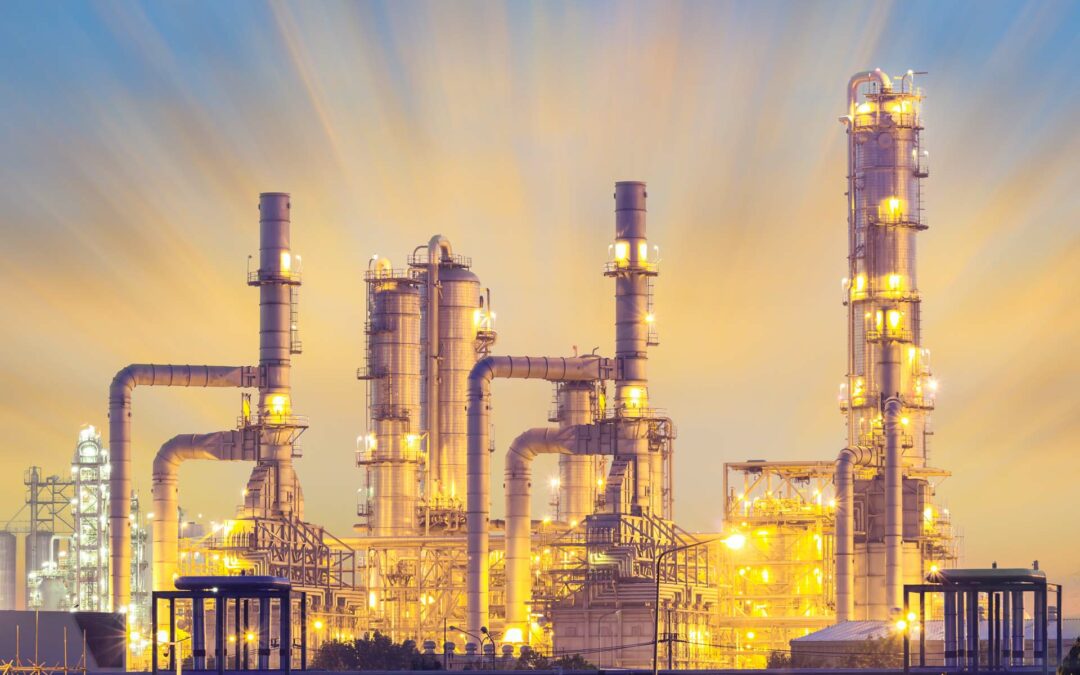For those who aren’t very familiar with diesel engines, it might be quite alarming to discover oddly coloured smoke billowing out of your exhaust pipe. Unlike petrol engines, diesel fuel emissions can present in three different colours, each of which is a clear sign of a specific underlying problem. Read on to discover how to interpret the different smoke colours.
Black Smoke Emissions
This is the most common colour of smoke in diesel engines and typically indicates that the fuel is not being wholly combusted. There are various reasons for this occurrence, but the main possible causes include over fuelling of the tank, dirty or worn out fuel injectors, a timing issue with the fuel injectors, incorrect valve clearance, an incorrect fuel-to-air ratio, an overloaded engine or severe carbon build-up in the combustion and exhaust space. Black smoke can also be produced if the engine is operating in very cold conditions or at high altitudes. Another possibility is that you are using diesel of a sub-par standard, which is why it’s important to only fill up with fuel from reputable fuel distributors and suppliers in South Africa.
White Smoke Emissions
If your exhaust is bellowing out distinctly white smoke, it means that your fuel is passing into the exhaust stream without being combusted at all — in other words, your diesel is still raw and hasn’t been utilised properly by the engine. Causes of this happening can include malfunctioning fuel injectors, cylinder compression levels that are too low, or your engine’s fuel injection timing being off. Do note that some diesel engines emit white smoke when the engine is first starting up and then dissipates as it warms up, but if it does not, you should have the engine inspected for mechanical defects.
Blue Smoke Emissions
Finding blue smoke coming from your exhaust pipe indicates that your engine’s lubricant oil is burning, which means it is leaking into your combustion chamber. This is typically caused by piston rings sticking, having valves, seals and cylinders that are being worn out, or using oil that is the wrong viscosity for your engine. Unlike with black or white smoke, blue smoke has no innocent cause and needs to be addressed urgently as it indicates severe damage to your engine.
To ensure that all your diesel engines run optimally, always entrust your vehicles and equipment to premium fuel Suppliers who are reputable and certified. Contact Diesel Bros today!
Related Posts
Safety Tips For Handling Diesel And Petrol
As a highly flammable liquid, improper handling of fuel can lead to explosions, injuries, fires...
How To Do Faulty Diesel Engine Diagnostics And Why It’s Important
The very first step to correcting an issue with a diesel engine is a thorough investigation into...
How To Choose Reputable Fuel Distributors In South Africa
If you are looking for trustworthy bulk fuel suppliers in South Africa, here are a few things that...




